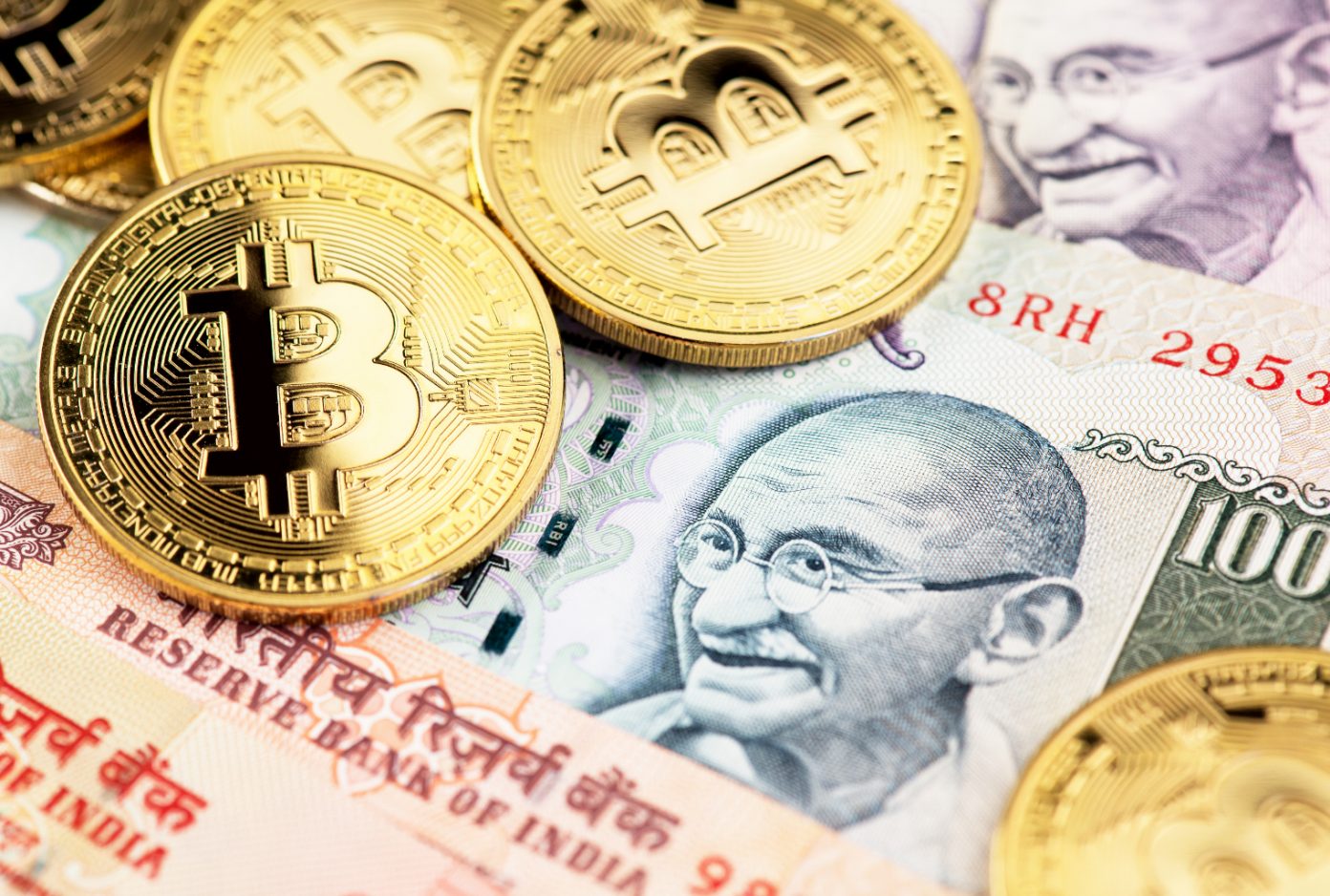Indian Parliament Member asks Government to Increase Crypto Tax

A member of the Indian Parliament has urged the government to consider increasing the crypto income tax that was proposed in the Finance Bill 2022 at 30%. He stressed that since crypto trading shares similarities to gambling, there should be a higher tax imposed. He also put forward a request of implementing a goods and services tax (GST) on the total value of cryptocurrencies involved in a transaction. The upper house of India’s parliament, known as Rajya Sabha, is now considering the Finance Bill 2022, which includes the proposal of implementing a 30% tax on crypto income. The bill was passed by the lower house, Lok Sabha, on Friday.
Sushil Kumar Modi, a member of the Parliament, has reportedly requested the government to hike up the tax on crypto income from its proposed rate of 30%. He said that he wanted the finance minister to reconsider the 30% tax and to increase it further in the coming days. His argument was that crypto cannot be considered an asset, a commodity, or any goods or service, because it does not appear to have any intrinsic value. He went on to say that while there are companies behind stocks to back them, crypto is very much like gambling. He further added that there does not appear to be anyone behind crypto.
According to the parliament member, the 18% goods and services tax (GST) is only applicable on those providing crypto services, such as exchanges, and said that there was a need to increase it. Modi asserted that crypto is a lot like lottery, gambling, casino betting and horse racing. He said that all these activities involve a 28% GST on the total value of the transaction. Therefore, he said that the GTS Council should consider imposing the same on the total transaction value of crypto as well. Modi said that extraordinary profits attract investors and that no one is aware of the value of crypto.
Modi also gave examples of countries where a higher tax has been implemented on crypto. He said that there was a 55% tax on crypto in Japan and a 45% tax has been imposed in Germany, Australia and France. The parliament member added that before April 1st, investors have stored crypto in private wallets and it is expected that crypto assets worth $8 billion will go out of the country. Other than the 30% tax on crypto income, a 1% tax has also been proposed by the Indian Finance Minister Nirmala Sitharamanthat will be deducted at source (TDS) on each crypto transaction.
This tax will be implemented from July 1stwhile the 30% tax is applicable on April 1st. However, another parliament member has warned that imposing this TDS will hamper the growth of the crypto industry in India. Furthermore, Pankaj Chaudhary, the ministry of finance’s minister of state, also disclosed that there had been some crypto exchanges that had evaded GST and Central GST formations had detected them. He said that they had investigated 12 crypto exchangesfor tax evasion and recovered an amount of $13 million.



















